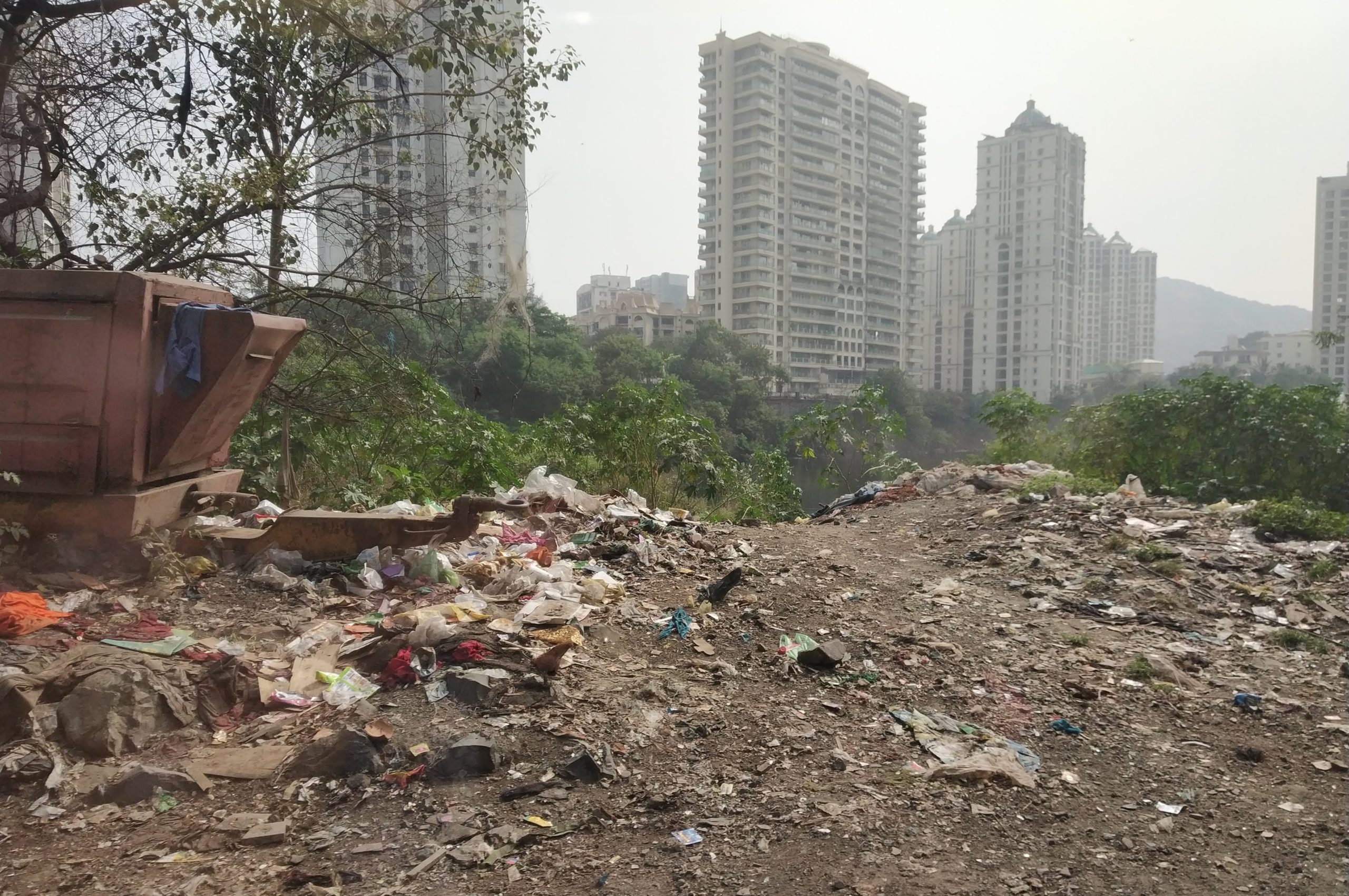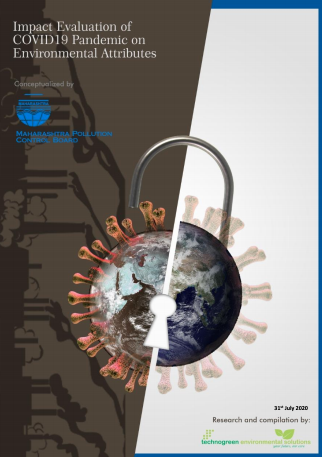
The Maharashtra Pollution Control Board (MPCB) has released a report on the impact of the lockdown imposed by the central government to curb the spread of COVID 19 between the months of March and May. Titled “Impact Evaluation of COVID-19 Pandemic on Environmental Attributes”, the report states that the lockdown led to a massive dip in solid waste generation across the state.
The reduction in waste was observed mostly due to the closure of public places and population reduction, as lakhs of migrants left the state during this time.

According to the report, due to migration of almost 65 per cent of the population, limited industrial activity, restrictions on the functioning of hotels and restaurants as well as marketplaces during the lockdown, reduced the load of solid waste management (SWM) by 58 per cent during first and second phases of the lockdown. During the subsequent two phases that came into effect, it reduced by 44 per cent and 35 per cent respectively.
Similarly, hazardous waste generation due to restricted industrial activity reduced pressure on its handling by 75 per cent on an average. Emission from construction was extremely marginal, with only 21 tonnes per day during pre- COVID-19, while in Phase 4 of the lockdown, it was 8 tonnes per day, due to limited activity and constraints in availability of resources.
An official of the Pune Municipal Corporation said that daily collection of waste in Pune had dipped by 500-550 metric tonnes during the lockdown months. Hotel waste, construction and demolition waste as well as litter waste has almost completely stopped.
The report however, noted that the only “contrary negative impact” on environmental attributes is of biomedical waste management (BMW).
“The increase in the number of COVID-19 patients resulted in a surge in BMW generation to the tune of 90.6 TPD (Tonnes per day). This seems to have almost increased by 45% from the average 62.5 TPD quantity during pre-COVID-19 times,” the report noted, suggesting that adaption was quintessential for local bodies and administration, to be able to cope with the increasing demand for effective BMW management.
The report also built a case for the welfare of waste-pickers whose livelihood was deeply impacted during the lockdown months.
“Upon survey, the recycling trade (has) also come to a halt and waste-pickers are not able to send waste in for recycling. We are asking citizens to clean and store dry recyclables – plastic, paper, metal and glass, till the end of the lockdown and then hand it over to waste-pickers – protecting the environment and helping the waste-pickers as well,” a Swacch spokesperson was quoted in the report.



